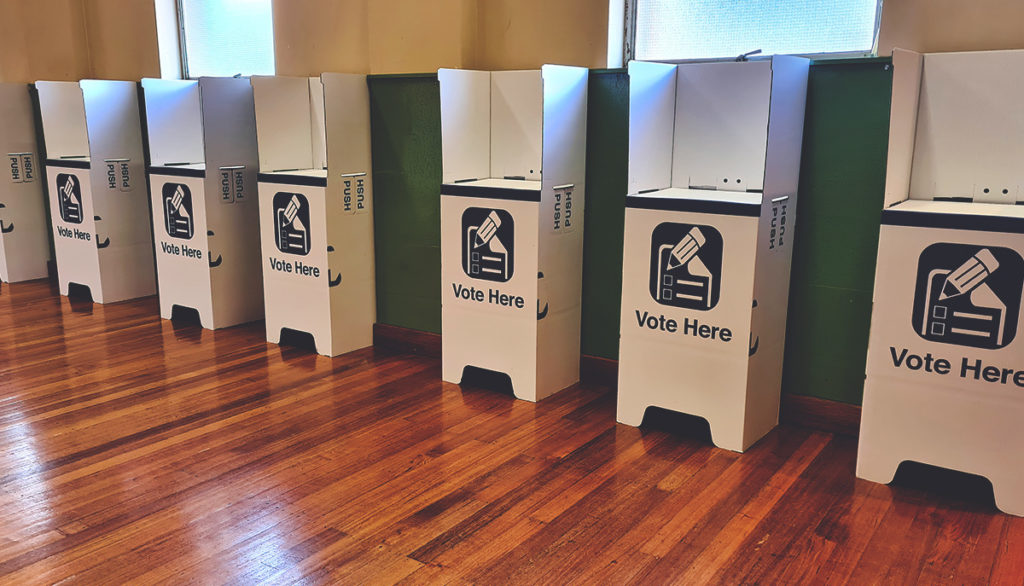If you’ve been watching the Australian news lately, you’ve almost certainly heard that there is a federal election coming up. Federal elections are ‘called’ by the current sitting government approximately six weeks before election day.
While international students can’t vote, you might be interested in finding out more about Australia’s voting process and how you can contribute to Australia’s democracy outside of the traditional voting process.
Voting in Australia is much like voting in other established democracies. It’s limited to Australian citizens over the age of 18. There’s one significant difference, though. In Australia, voting is compulsory.
What is compulsory voting?
Compulsory voting means that Australian citizens are obligated to vote in local, state and federal elections. If they don’t vote in Australia, they can be fined for failing to do so. In Australia, the fine (called an ‘administrative penalty’) is relatively small, just $20.
Just over 20 countries worldwide, including Australia, have compulsory voting laws in place.
What’s good about compulsory voting?
Compulsory voting means that every Australian eligible to vote must present at a polling place to vote on the day of the election. As a result, voter participation in Australia is extremely high, and election results reasonably accurately reflect Australians’ sentiments and desires.
Australia’s last federal election, in 2019, had a voter turnout of over 91 per cent. In comparison, in the United States, where voting is voluntary, 66.8 per cent of the eligible population turned out to vote in 2020, setting a record high.
Another benefit of compulsory voting is that elections are held on a day of the week that most people can attend a polling booth. In Australia, elections are always held on a Saturday.
What’s bad about compulsory voting?
Arguments against compulsory voting include that the right to vote should consist of the right to vote or not to vote. In Australia, it is mandatory to attend a polling place to vote, but because an individual’s vote is secret and confidential, there’s no way to verify whether or not they have turned in a valid vote.
The great thing is that there are other ways to make your voice and political opinions heard in Australia as an international student. While you may not be able to vote the traditional way, there are plenty of ways you can contribute to a better Australia.
Join your student union or council
Most Australian universities have student representative councils, typically as part of a student union. Student councils provide students with information on their rights and obligations while at university and are a great way to get involved in politics at a grassroots level.
Petition and lobby
If you’re particularly passionate about an issue, you can petition for change through many avenues. Start a change.org petition, join an advocacy group and lobby your local politicians. Australia has a robust democracy, and it’s perfectly legal and acceptable to write to your local MP, voice opposition to policies or even peacefully protest.
Vote with your wallet
This is a more indirect way to make a difference, but voting with your wallet is essential. It means you use your money to support the causes you’re interested in and keep it away from those you disagree with. For example, if fair trade is important to you, buying only fair trade products and not supporting brands that do not trade fairly signals to the market that fair trade products are supported and popular.
While only Australian citizens can vote in Australian elections, you can still get involved in politics in other ways. The Australian public and politicians must hear from a diverse group of people living in Australia, even if it’s not through the traditional voting process.





